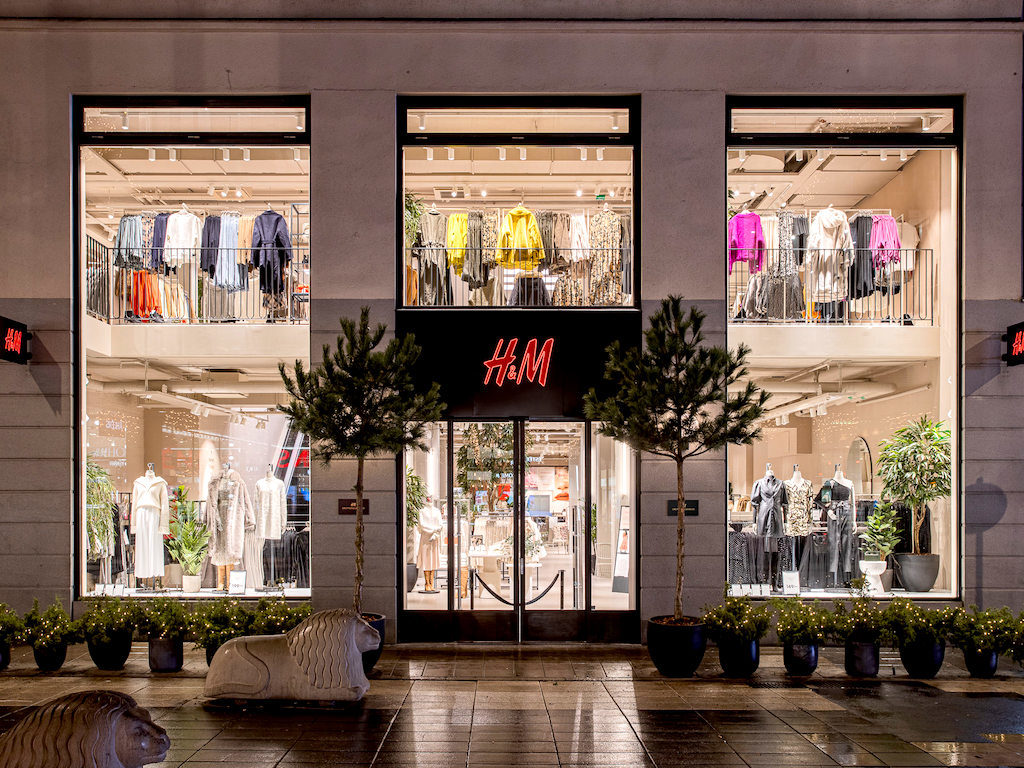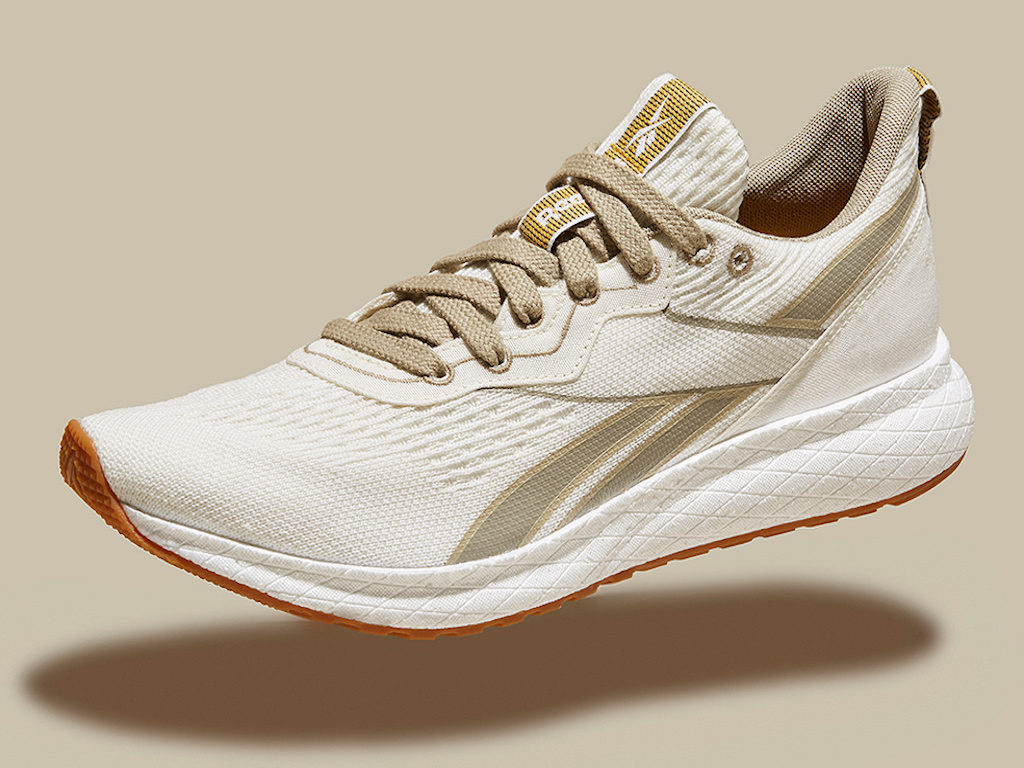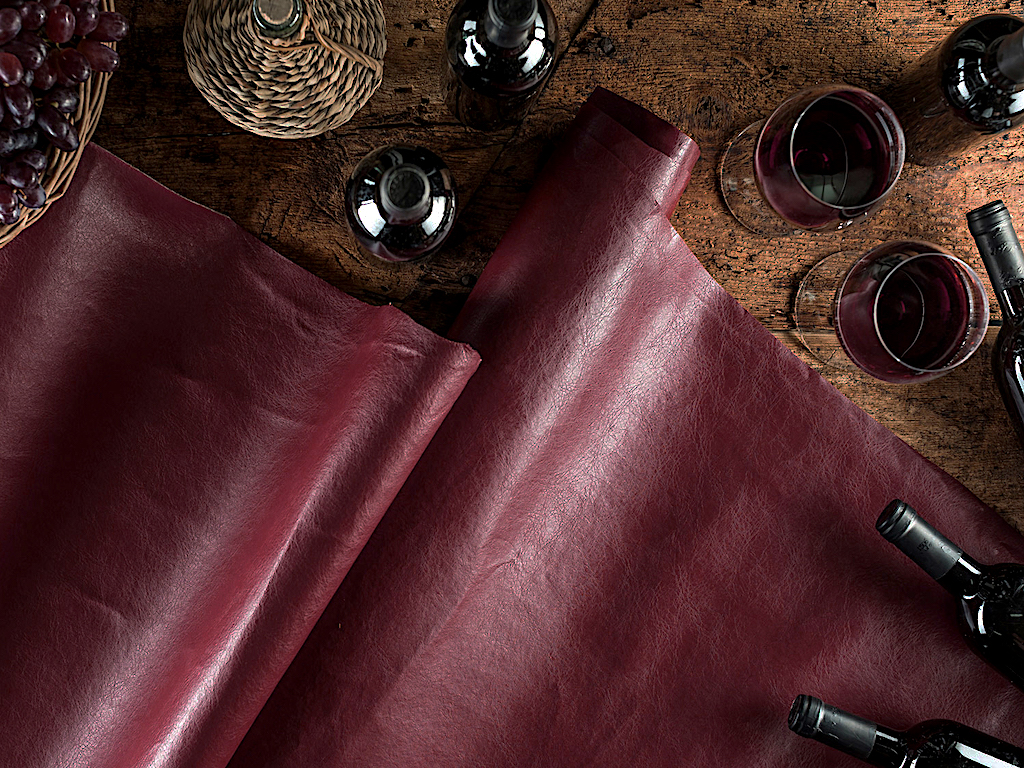3 Mins Read
Sweden-headquartered global fast fashion behemoth H&M has announced yet another sustainability move in their plan to promote a circular economy in fashion: their new Conscious Collection this year will feature a number of items made from a vegan alternative to leather made from wine waste. It is clear that the traditionally polluting fast fashion industry is now openly embracing more environmentally-friendly business models and doubling down on their stronger sustainability commitments in order to meet the demands of an increasingly eco-conscious consumer market and to alleviate their planetary footprint.
In collaboration with Italian biomaterial startup Vegea, fast fashion giant H&M will be launching a number of handbags and shoes using the bio-vegan soft leather made from the byproducts of wine. The slew of new items advertised for being more sustainably produced will debut in March this year under the brand’s Conscious Collection line. The collection will additionally feature a new dyeing process for fabrics using waste coffee grounds and recycled polyester.
Commenting on the upcoming collection, H&M sustainability manager Pascal Brun, in conversation with Vogue said: “Going forward, we need to be using more bio-based materials and more waste in our collections.” He added that the company’s sustainability commitment will extend further to the design process and after-life of products, and encouraging customers to “have more sustainable behaviour”.
Read: The 8 rules to build a responsible & sustainable wardrobe

This isn’t the first time H&M has made strides to even out the enormous footprint of their operations leave behind on the planet, from landfill waste and plastic pollution to water contamination and carbon emissions. Last year, the brand’s Conscious Collection featured vegan pineapple leather and orange silk, and debuted an all-new rental, repair and recycling concept in their H&M Sergels Torg store in Stockholm. Quickly after, H&M-owned high-end label COS partnered up with subscription fashion company YCloset to launch a trial rental program in China.
The latest move from H&M yet again reflects the appetite for sustainable fashion solutions. For the global fashion giant to continually polish its shoes is an indication that companies that wish to remain profitable have to take into account the social and environmental impact they leave behind. On top of that, brands must set out comprehensive and authentic measures to convince eco-savvy consumers that it amounts to more than greenwashing.
Read: Vogue Italia ditches photoshoots in January issue for sustainability

H&M isn’t the only major brand to make changes to biofabrics amid what is set to be a watershed year for sustainable fashion awareness and options. Recently, sportswear giant Adidas promised to use recycled polyester and plastic waste in over half of their products, and will be launching new apparel products using renewable bio-materials made from cellulose and yam-based yeast. Reebok, the subsidiary brand of Adidas, is about to launch a new vegan-friendly shoe, which does not require petroleum plastics and instead uses eucalyptus, natural rubber and algae foam.
Meanwhile in Asia, a number of groups are also working on upcycling food waste, which can be used in different applications outside of fashion. Developed by the Design Center of the Philippines, Pinyapel is a specialty paper made from pineapple leaves that would otherwise go to waste, which can be used to make a number of products from coffee cups to paper shopping bags. Also in the Philippines, young scientist Denxybel Montinola has invented a new blend of bioplastic using the waste from locally abundant crops, mango peels and seaweed.
Lead image courtesy of Vegea.




